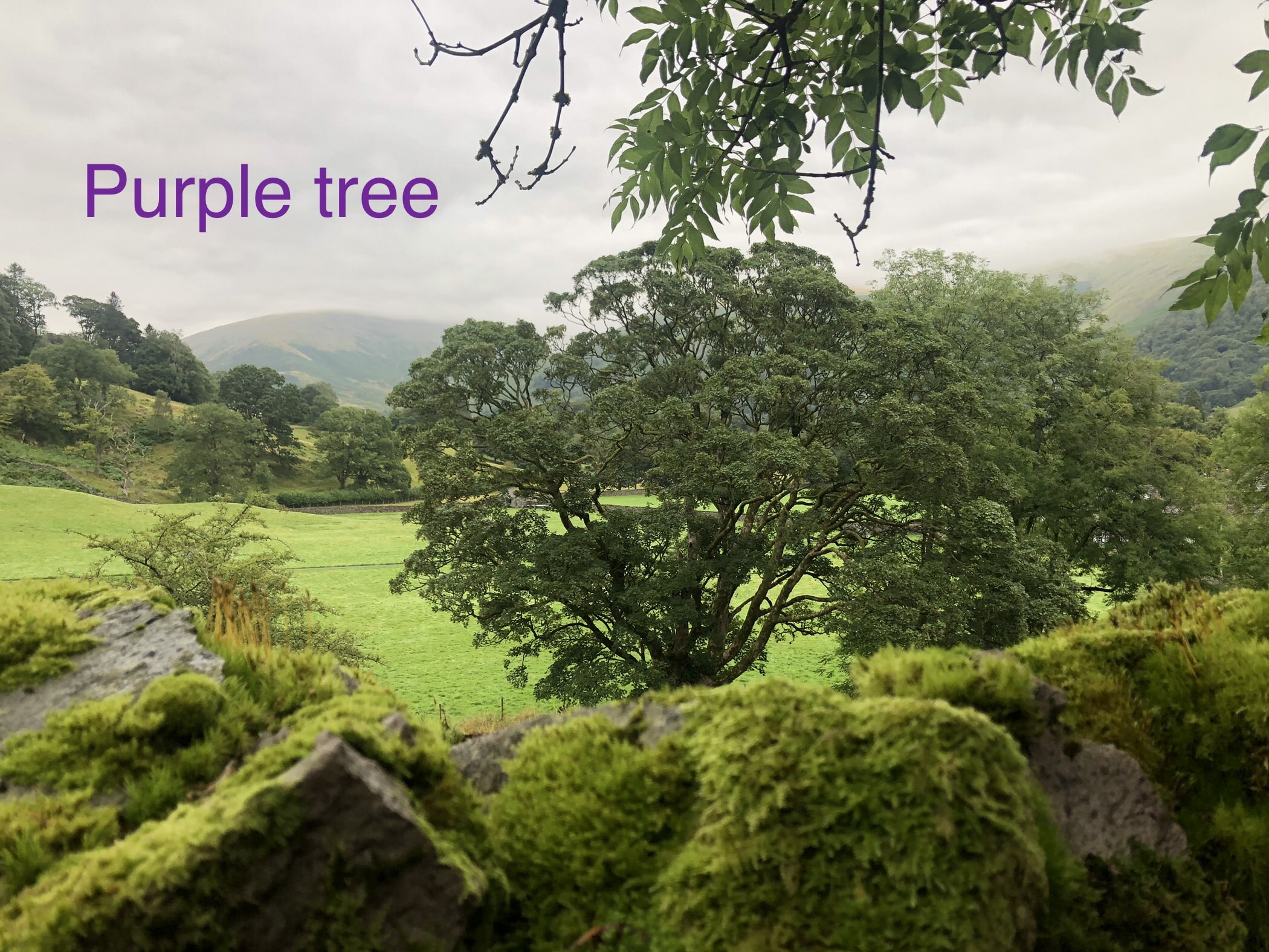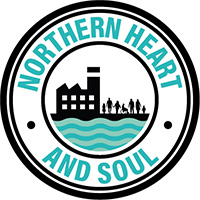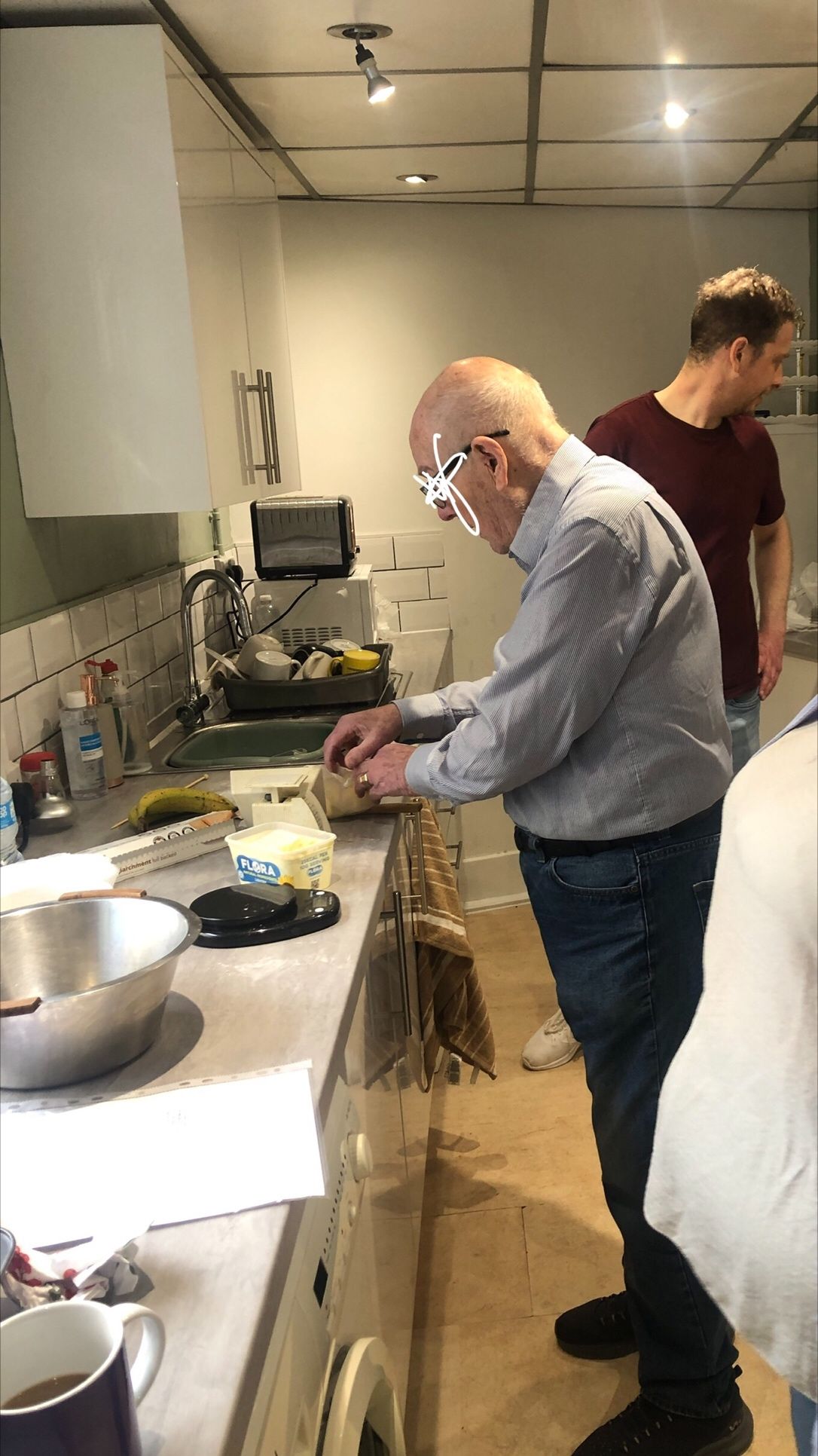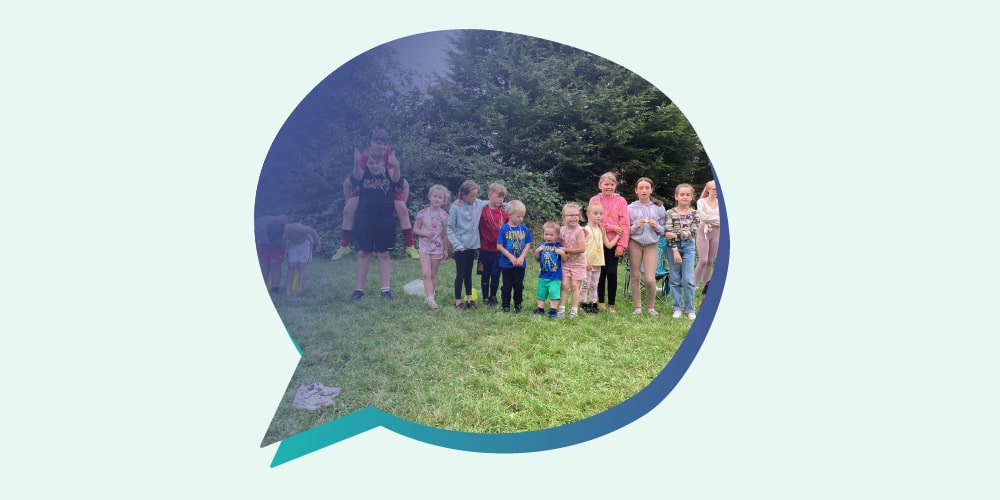
Purple Trees
When people are trapped within paternalistic systems they can find it difficult to see the difference between the work they are doing and liberatory practice. The latter often has to be experienced and accompanied by inner and collective work exploring power and paternalism. And to be fair, it’s really difficult (almost impossible) to work in liberatory ways inside systems.
I spotted this during the pandemic with the mutual aid stuff that really wasn’t mutual aid. And the desire too for the domineering system to systemise community offerings, reinforcing the status quo, and, suffocating liberatory practices. It took me back to conversations with leaders in the town at the early stages of the pandemic and the writing of Hungry Hippos. I feel there’s been a little shift towards more community minded ways since I first wrote the blog, along with a bigger interest in domineering systems being less paternalistic.
As I reflected, some excellent training I’d been lucky enough to join it with, facilitated by a psychologist, popped into my head. I wish I could remember her name, but I can’t. I can remember her words though. She was talking about parenting practices, and how unsolicited advice from an helping professional, if outside of someone’s experience might be received. ‘You may as well be telling the person the trees are purple,’ she said.
It really struck me and stuck with me. It fitted too with the way we were guided, in the self organising local work, by Gabriel, a brilliant psychotherapist who worked at the Tavistock & Portman. We used Selma Fraibergs Ghosts and Angels in the Nursery in our work alongside family members, many who had experienced long and deep histories of abuse and abandonment. Uncovering and remembering the angels was a great way in.
I’ve been less successful at using this approach with more domineering systems, when seeking to help people see the subtle differences between work that is embedded in paternalism and more liberatory approaches. I’ve been told by senior figures from the community sector that the domineering system doesn’t get it, and to be honest I don’t think the community figures get it either. Paternalism, in my view, is at the very centre of the Wigan Deal. It was birthed coated in it. It was never about liberation. I mean you can’t round up the mates you have on the pay roll and say, ‘tell these consultants / inspectors / visitors just how liberatory we are. Or can you?
Perhaps I’m saying trees are purple?
Maybe that’s why I shifted from reforming to cultivating?




